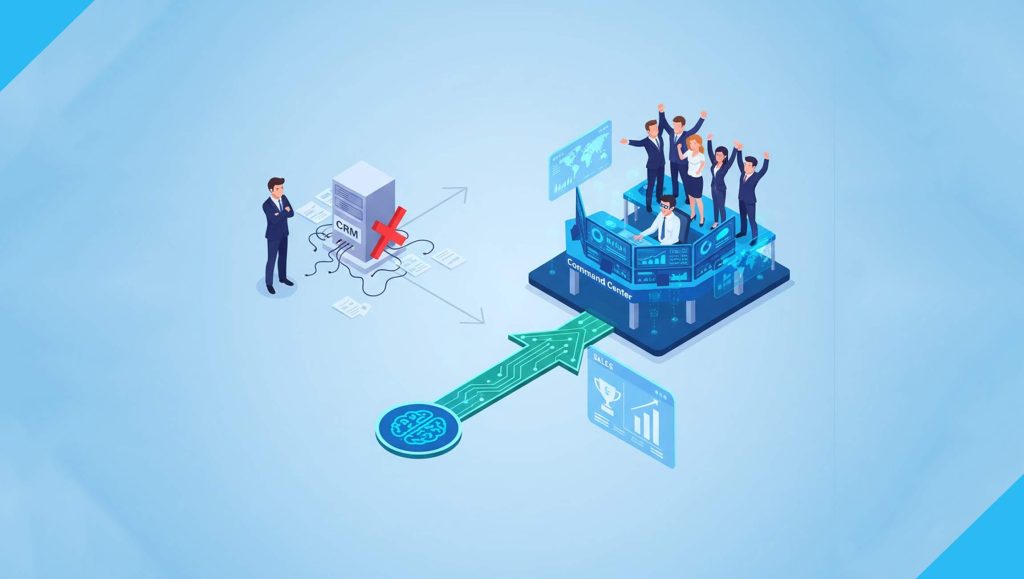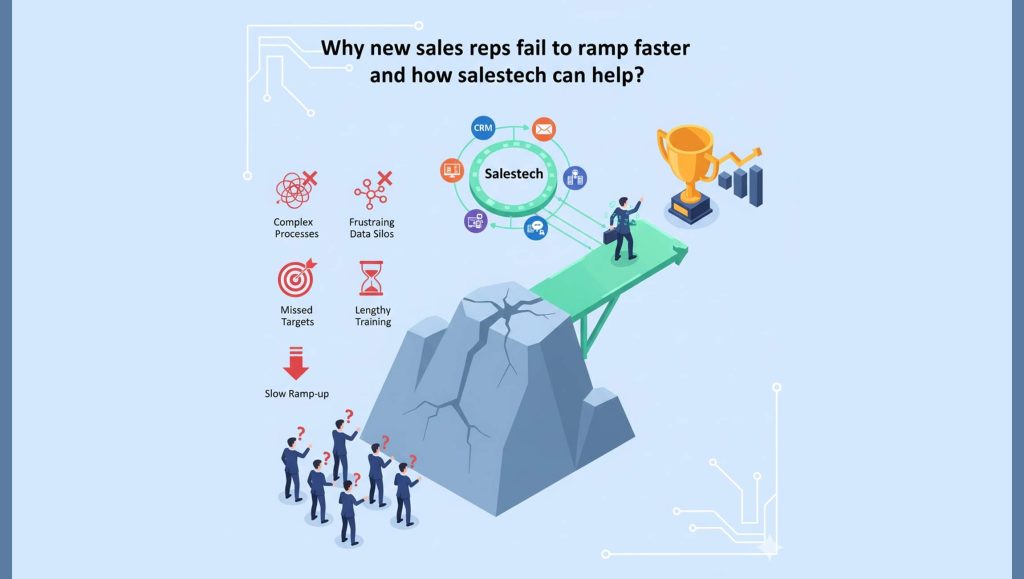ISG Provider Lens™ report says work-from-home requirements and a growing consumer preference for digital channels over voice calls have permanently changed the industry
Contact centers in Europe and the U.K. are adopting remote work models and new technologies to address changes in consumer behavior and customer service in the wake of the COVID-19 pandemic, according to a new report published today by Information Services Group (ISG) , a leading global technology research and advisory firm.
The 2021 ISG Provider Lens™ Contact Center – Customer Experience Services report for Europe and the U.K. finds major trends seen over the past 18 months, including consumers choosing digital channels over voice calls and employees working outside physical call centers, are likely irreversible. The contact center industry now must develop seamless, efficient omnichannel experiences for customers, delivered securely by decentralized workers and automated personas.
Read More: E2open Named A Leader In The 2021 Nucleus Control Tower Value Matrix For Seventh Consecutive Year
“They have drastically changed their business approaches in the past 18 months and are accelerating their transformations.”
“Companies in Europe and the U.K. have begun to recognize they need new technologies and operating models to survive in a post-pandemic world,” said Jan Erik Aase, partner and global leader, ISG Provider Lens Research. “They have drastically changed their business approaches in the past 18 months and are accelerating their transformations.”
Enterprises in the region are increasing their use of artificial intelligence (AI) and machine learning, as well as automated personas in customer-facing roles, the report says. For secure and effective support by an increasingly remote workforce, companies are investing in real-time performance dashboards, automated coaching, agent performance analytics and gamification.
Geography plays a major role in the strategies of some contact center operators in the region, ISG says. European companies increasingly are turning to Eastern Europe for outsourcing, taking advantage of lower labor costs and local proficiency in other European languages. U.K. companies continue to favor India and other English-speaking countries, their traditional sources of offshore talent.
In the U.K., changes to the country’s IR35 regulations, which cover the use of temporary workers, disrupted the use of freelancers, digital consultants and experts and made the rules governing those engagements less clear. This complicated what has been a standard practice in the U.K.’s contact center industry. However, the changes also created opportunities for organizations willing to collaborate with providers, startups and technology vendors for nearshoring or offshoring of labor.
Read More: SalesTechStar Interview With Mary Pat Donnellon, Chief Revenue Officer At CallRail
As in other regions, enterprises in Europe and the U.K. have had to adopt new working models that allow nearly all contact center agents to work remotely, the report says. These new models provide benefits including cost savings, access to talent, worker flexibility and higher productivity. Operators are making investments to address poor connectivity, background noise and security in remote work settings. With tools such as virtual private networks (VPNs), facial recognition, voice biometrics, screen monitoring and near environment monitoring, they are closing the gap in security between in-office and home-based work.
The 2021 ISG Provider Lens™ Contact Center – Customer Experience Services report for Europe and the U.K. evaluates the capabilities of 28 providers across four quadrants: Digital Operations, AI & Analytics, Work From Home Services, and Social Media CX Services.
The report names Atento, Capita, Firstsource, Sitel Group, Teleperformance and Webhelp as Leaders in all four quadrants. It names Majorel, Transcom and Wipro as Leaders in three quadrants each. Concentrix, Conduent and HGS are named as Leaders in two quadrants each.
In addition, Tech Mahindra is named a Rising Star—a company with a “promising portfolio” and “high future potential” by ISG’s definition—in two quadrants. Majorel and Wipro are named Rising Stars in one quadrant each.






















